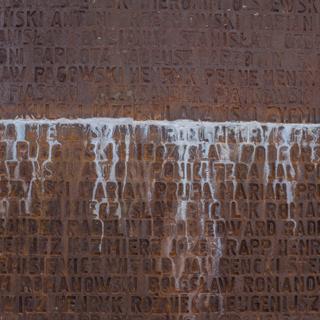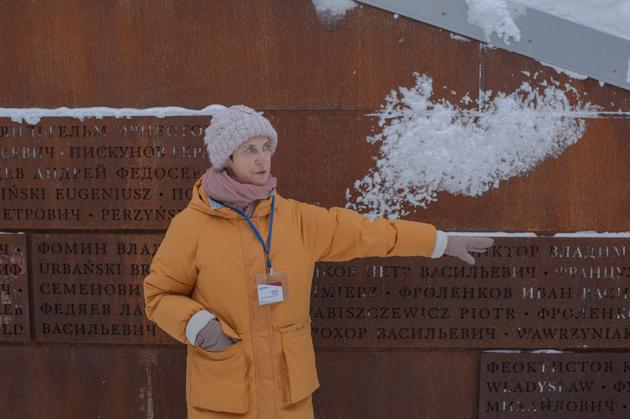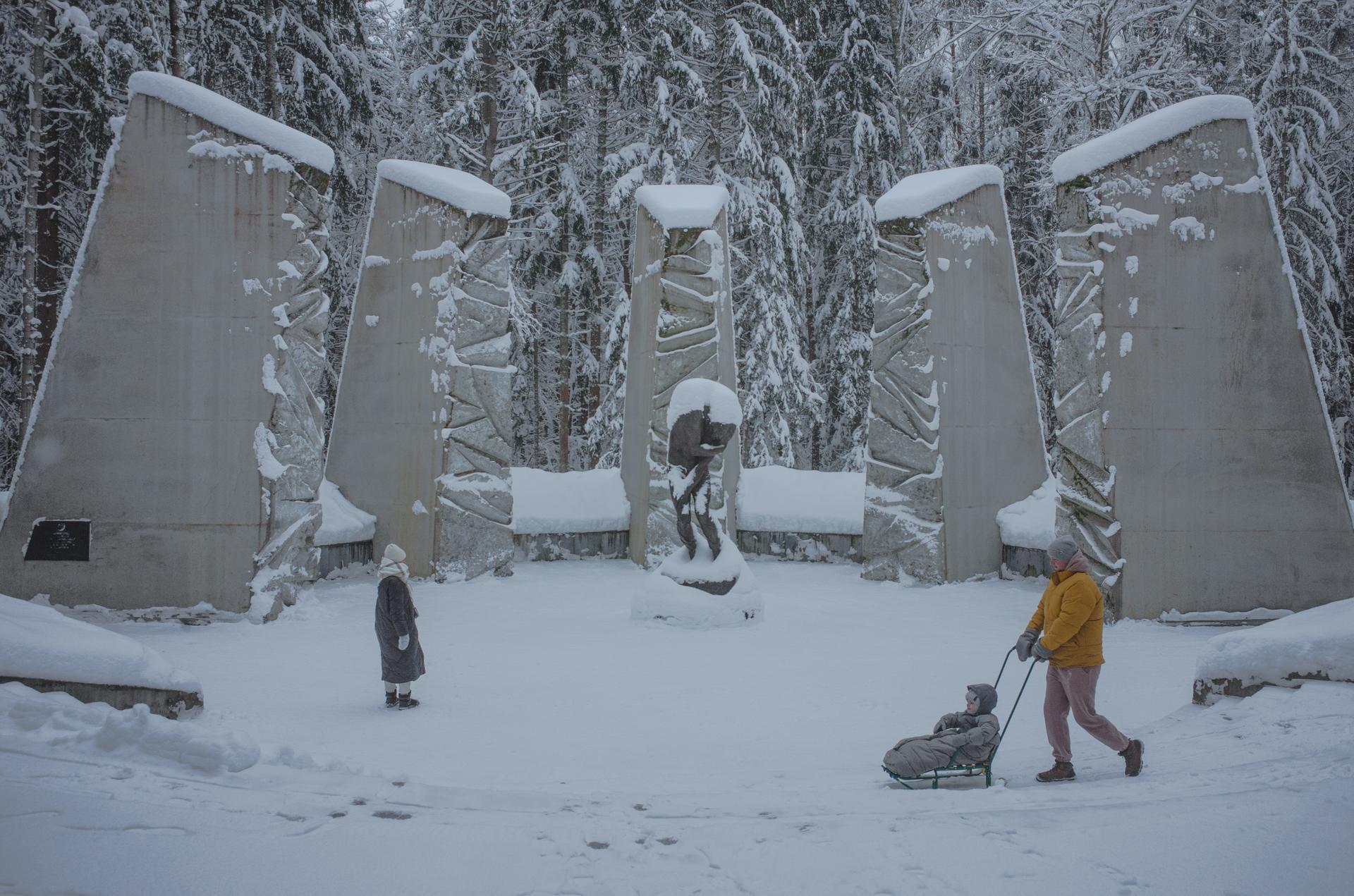


The memory of a massacre ordered by Stalin in Russia exists on borrowed time
FeatureA parliamentary commission has been tasked with reassessing Russia's official position, adopted in 2010, on the massacre of 4,400 Polish officers perpetrated on Joseph Stalin's orders in the forest of Katyn. The USSR had tried to shift the blame for this tragedy onto the Third Reich's army.
Not a cloud in the sky, not a bulldozer in sight. On a recent Saturday in December, snow covered everything – the trees, the tombs and the mass graves from which the bodies of some 4,400 Polish officers were exhumed at the foot of the Katyn forest's pine trees between 1941 and 1943. The snow even lent some additional dignity to the grounds, located not far from the Russian city of Smolensk, close to the border with Belarus. It muffled the echo of Moscow's threats, the tumult of a country engaged in a complete revision of its history.
The memorial's guided tour offers an unimpeachable account of the Katyn "tragedy," as the guide, Irina Popovitch, called it. From the Soviet Union's responsibility to Poland's division between the Third Reich and the Soviet Union, nothing was left out, right up to the Soviet camp's numerous manipulations at the end of the war to shift the blame for the massacre onto Nazi Germany. This included dressing the corpses in winter clothes in an attempt to change the presumed date of the crime, committed in April-May 1940.
This historical rigor is noteworthy in a country where mentioning the secret protocol of the 1939 Molotov-Ribbentrop Pact can lead to criminal prosecution for "rehabilitating Nazism." "More and more visitors are taking issue with our narrative," noted Popovitch, who has worked for the Katyn Memorial Complex since 2013. "Some continue to blame the Germans; others ask: 'What about the Poles, they didn't do anything to us?'"


And then there are the aforementioned bulldozers: On April 10, 2022, two columns set off from the nearby town of Smolensk and stopped at the complex's entrance, their backhoes raised in front of the memorial while thinly veiled threats were being cried out over a megaphone: "We could destroy all of this, but we're not Nazis." "A private initiative," the media claimed, but one that speaks volumes about the prevailing mood. In addition to the long-standing process of rewriting history by Russian President Vladimir Putin, who only accepts glory or martyrdom in the national narrative, there's also been the turmoil of the war in Ukraine.
This hostile march of tractors bearing Russian flags and "Z" stickers of the Russian "military operation" came a few days after the discovery of the bodies of civilians killed at Bucha, north of Kyiv – another massacre for which an incriminated Moscow denounced foreign manipulation, in this case by "Western secret services."
'Nazi propaganda'
A few months later, in June, the Polish flag planted at the complex's entrance
was removed without notice. The decision came from the Ministry of Culture and was supported by Smolensk's mayor: "There can be no Polish flag on a Russian monument (...) Katyn is a Russian story."
You have 70% of this article left to read. The rest is for subscribers only.
